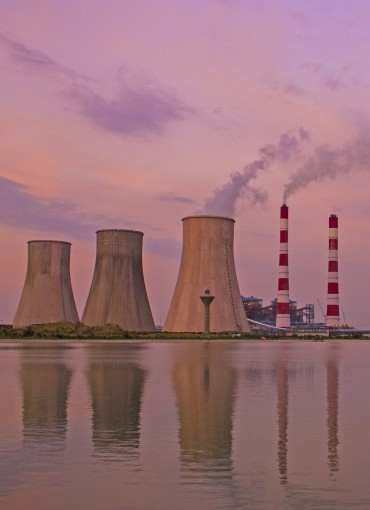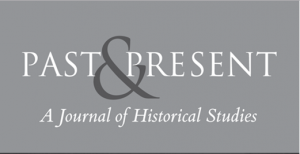Received from Mattin Biglari (SOAS, London)
This two-day international conference brings together doctoral students and early-career scholars to discuss the different ways energy is and has been intertwined with economic, social, cultural and political developments and processes. The aim of the conference is centring attention on energy as a key agent in modern and contemporary history, in contrast to its typical designation as an external subject of research exclusive to the Natural Sciences.

Coal Fired Power Station by, Flickr user Vikramdeep Sidhu, licensed under CC BY 2.0
At a moment of global climate crisis, it is necessary to critically analyse energy systems and their entanglement in social, economic and political realities. This discussion will develop crucial understanding of the use of alternative and renewable forms of energy.
The conference (taking place at CRASSH, Cambridge 31 May to 1 June 2019) will address the significance of historically uneven development in determining the different ways energy is used and conceptualised around the world. As the negotiations of the 2016 Paris climate accord highlighted, plans for energy transition must also engage with calls for energy justice. Therefore, this conference will focus on cultures of energy in the Global South, drawing attention to particular connections between energy, colonialism and the post-colonial state.
We address an array of different forms of energy – carbon, geo-thermal, nuclear or electrical – and various energy sources such as oil, gas, coal, wood, wind, and water. The nature of world energy not only means that comparative analysis between different national contexts will be important, but also that papers at the conference will follow the transnational and global flows of the infrastructures, knowledge and people that form part of the construction of energy systems and assemblages.
Sub-themes include:
*The uses and effects of energy in everyday life at the point of consumption, especially its relationship to habits and rhythms of daily life, questions of power, agency, and resistance, as well as categories of identity such as race, gender, class and sect.
*Knowledge, representations and cultural imaginaries of energy, including alternative meanings, ontologies and cosmologies, as well as knowledge controversies.
*The construction and reproduction of energy systems and the role of both human and non-human actors such as workers, engineers, technocrats, infrastructural technologies and raw materials.
*The relationship between energy, politics and governance at local, national and international levels.
*The place of energy in colonial and post-colonial states and its connection to themes of sovereignty, rights, law, development, capitalism, imperialism and the nation-state.
Keynote speaker: Charlotte Lemanski (Department of Geography, University of Cambridge)
The full programme and paper abstracts can be viewed here.
Registration is now open and can be made here. Attendance costs £40 waged, and £20 for those who are unwaged or students. It is possible to book attendance solely day one or two of the conference as opposed to the full two days.
Other than the Past & Present Society sponsors include: the Centre for Research in the Arts, Social Sciences and Humanities (CRASSH), Murray Edwards College, Past & Present, the Society for the History of Technology, SOAS (University of London), St John’s College, and University of Cambridge’s Centre of African Studies and Faculty of History.
Past & Present is pleased to support this event and other events like it. Applications for event funding are welcomed from scholars working in the field of historical studies at all stages in their careers.

